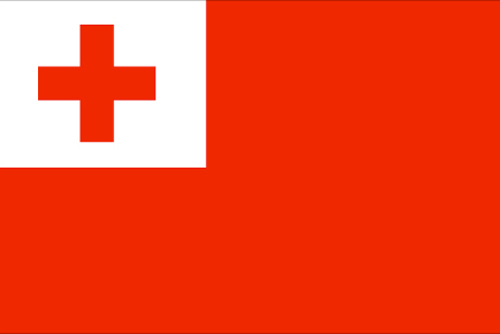
This thesis is a study of the media in Tonga and looks at its history and contemporary role in the light of "Western" liberal democratic ideas of press freedom. In particular, it focuses on the "independent" print media that have emerged outside of government and church control since the mid-1980s and argues that they have played a critical role in the movement for greater press freedom in Tonga.
In order to discuss the idea of press freedom in the Tongan context it is first necessary to examine the concept. Differing definitions are presented and discussed with reference to the application of press freedom in the developing world and the Pacific Islands. There follows a historical account of the press in Tonga with an attempt to understand what Tongan society traditionally perceives as press freedom.
The account then turns to the questions of media and democracy in Tonga and the emergence of the pro-democracy campaigners. Their use of the press to disseminate their views to led the Tongan government to move against the independent press. Legislative attempts to ban one newspaper and place regulatory restrictions on others were declared unlawful by Tonga's Chief Justice.
Since that action, the thesis argues that there have been positive signs for press freedom in Tonga although it cannot be presumed that a free press will democratise a country or solve its social or political problems.
http://aut.lconz.ac.nz/vwebv/search?searchArg=tu%27akalau&searchCode=GKEY%5E*&limitTo=none&recCount=25&searchType=1&page.search.search.button=Search


